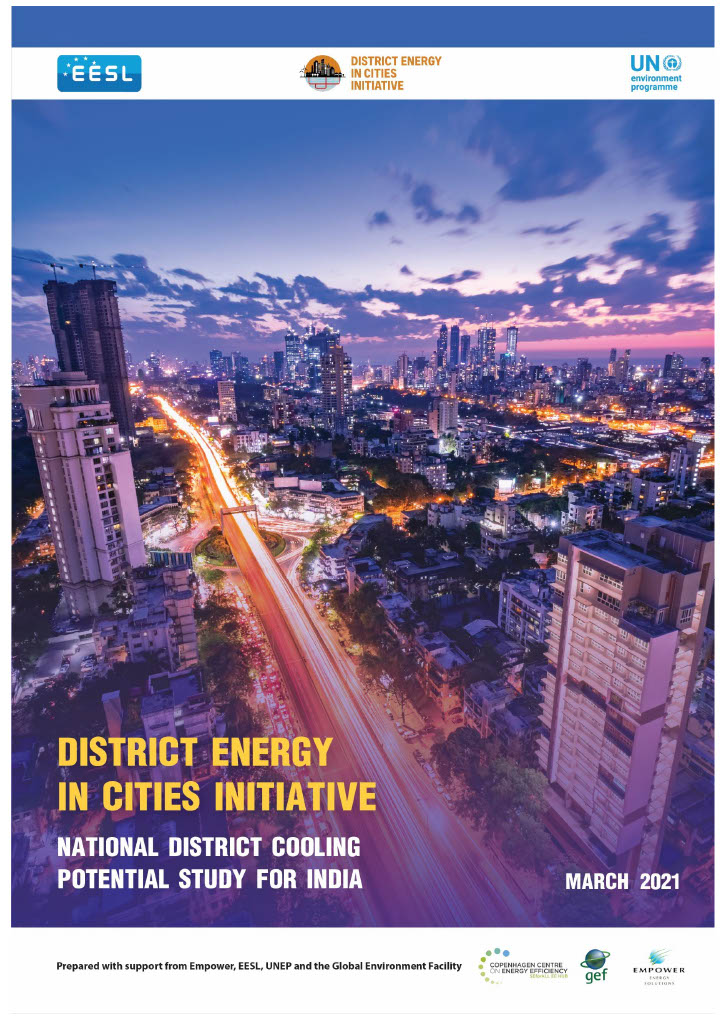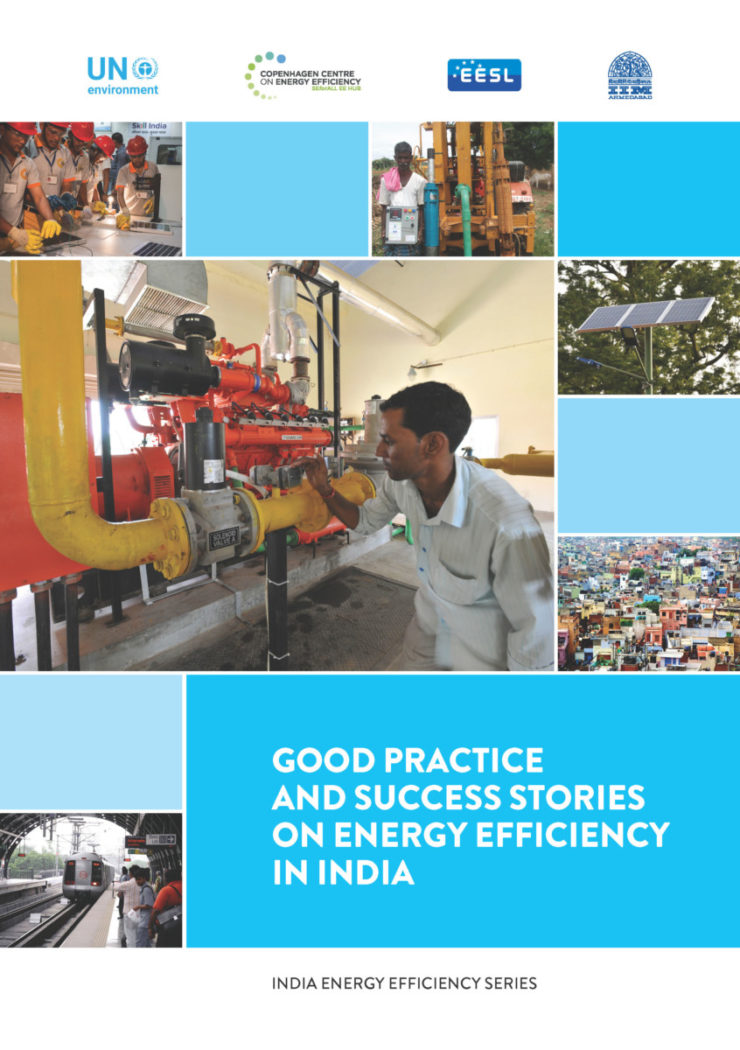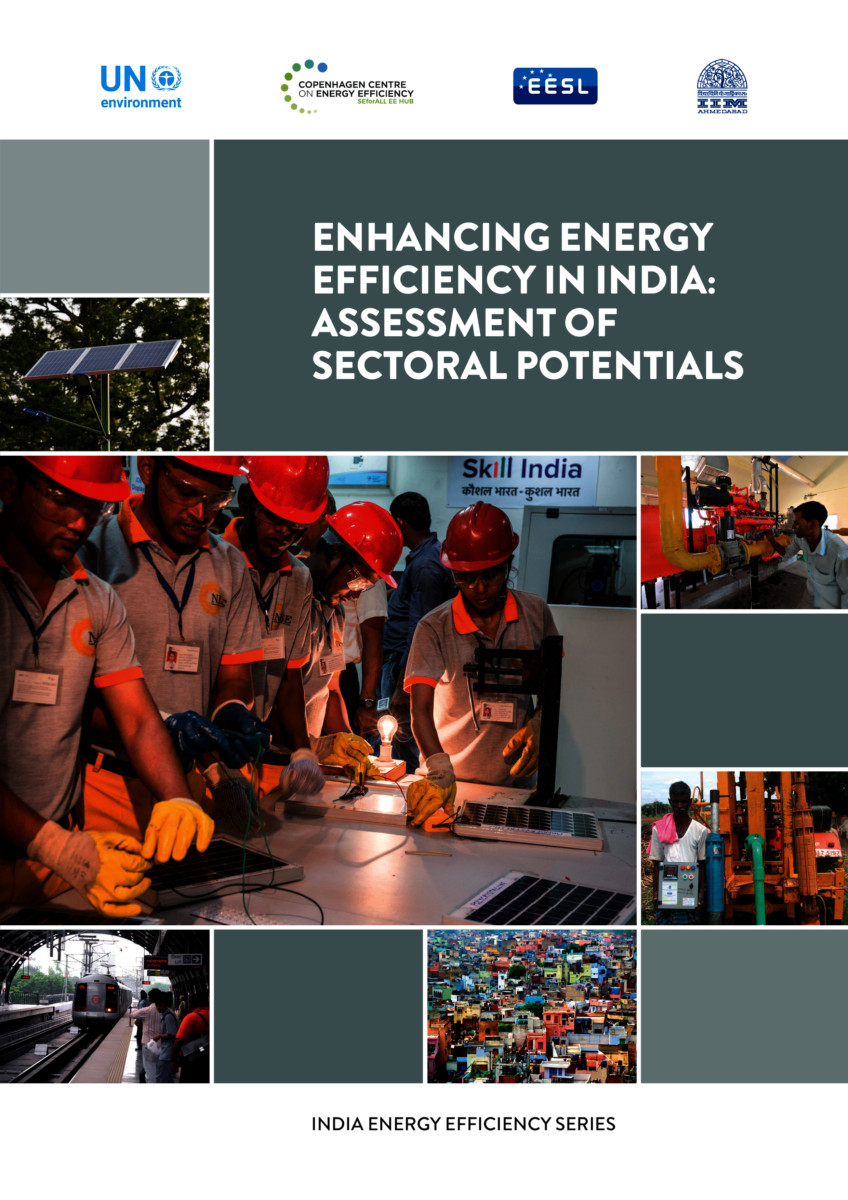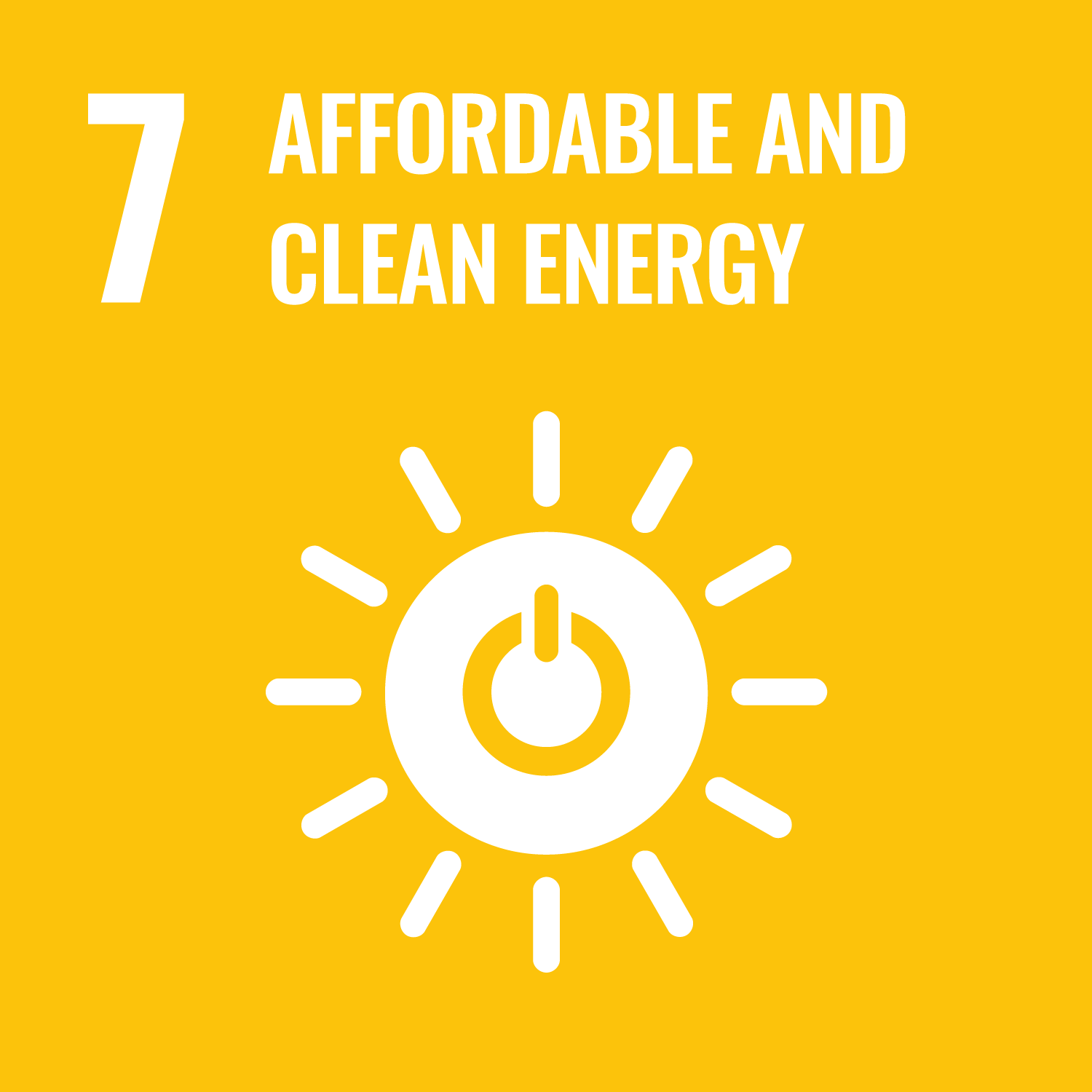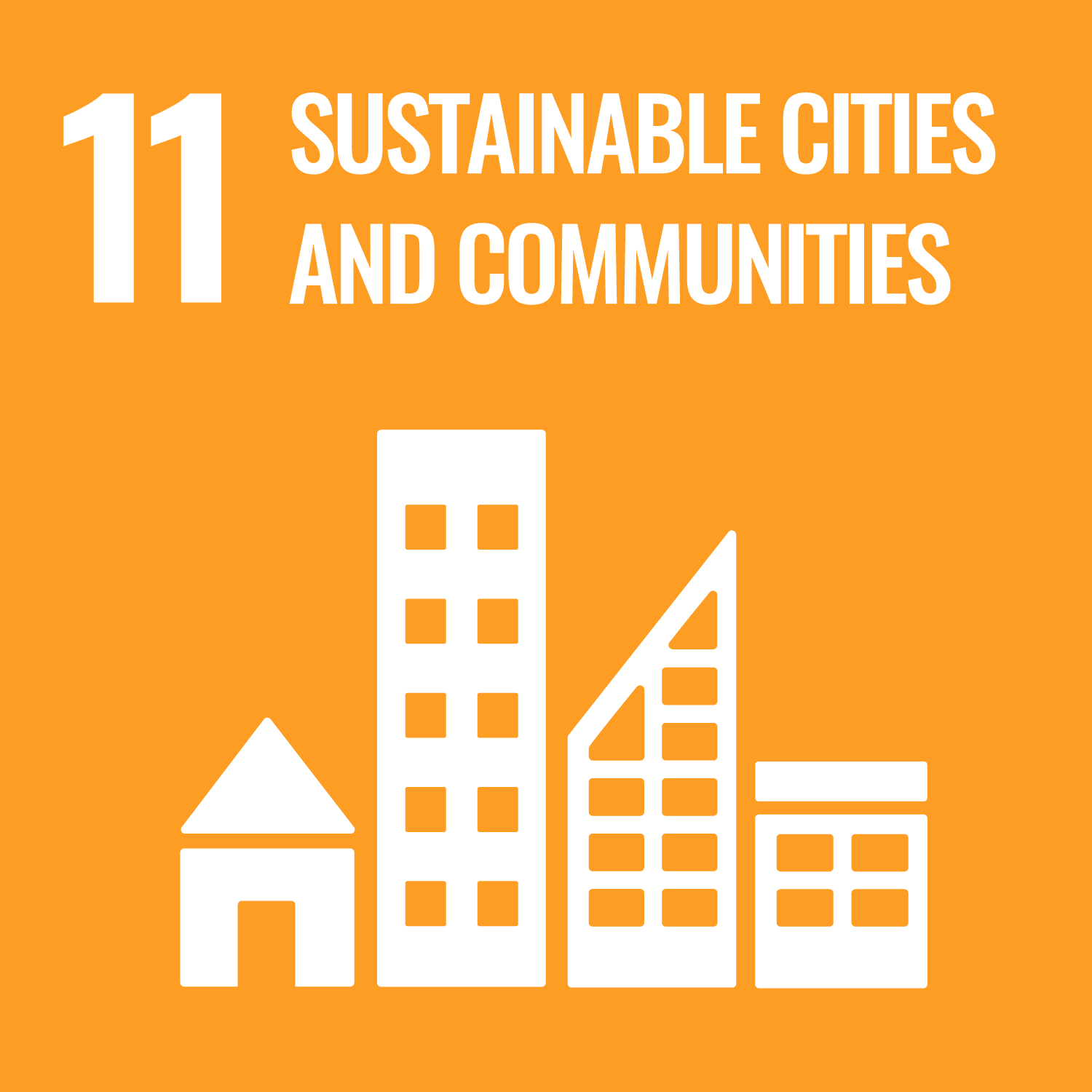WHY India?
By 2050, space cooling in India could be responsible for ~1.1GtCO2.eq/yr and consume 28% of total electricity demand and 44% of peak load. Demand for space cooling will be concentrated in India’s rapidly growing cities driving power shortages and rising urban temperatures. The scaling-up of ongoing national and state-level programs for power sector decarbonization, minimum energy performance standards and building efficiency measures will have a major role in lowering the environmental and economic impact of such growth. However, there are implicit cost and energy inefficiencies when individual buildings must produce their own cooling. This prevents buildings from accessing higher efficiency levels and large-scale renewable cooling that is only available by aggregating multiple buildings’ cooling demands.
UNEP and UNEP-CCC in collaboration with GIZ will support the development of India’s district cooling industry and policy environment by establishing and staffing a global virtual knowledge centre within UNEP-CCC and directing on-the-ground support to the public and private sector through supporting the establishment of a physical competence centre in India. By concentrating knowledge and expertise on district cooling in India, these centres will increase the quality of consultancy and support provided to cities and the private sector by providing access to experts, helping to standardize the development process of district cooling and linking projects to expert partners.
Pilot Projects
Rapid assessments of district cooling in 5 cities across India were supported by UNEP-CCC under the District Energy in Cities Initiative in 2017. Realizing the potential, new cities are now partnering with IKI/GIZ, DEA and SDC to tackle urban heating by developing city action plans, extreme heat evaluation methodologies, and identifying potential sites to integrate district cooling.
Gift City, Gujarat
Gift City a global financial and IT services hub hosts India’s first district cooling system with a capacity of 10,000 TR. GIFT City has been developed on 886 acres of land with a total built-up area of 62 million square feet and includes commercial buildings, residential buildings, social buildings such as hotels, clubs and malls, and a hospital.
Hyderabad Pharma City:
Hyderabad Pharma City is a large pharmaceuticals industrial park being established in Mucherla near Hyderabad. With investments of up to $200 million to develop 125,000 refrigeration tons of cooling, 24 million tonnes of potential CO2 savings can be expected.
Partnerships
Partnerships provide a platform for collaboration, building on the synergies between like-minded institutions, to offer added value to countries and cities in energy efficiency and carbon neutrality. A study tour on passive cooling and district cooling in Singapore for partners from India was organized in May 2023. The visit brought together key stakeholders working on district cooling and passive cooling and included:
- Technical visits to four high-class and diverse district cooling projects across Singapore and passively cooled buildings.
- Dedicated workshops on national and local policy development, led by UNEP and Singapore’s Urban Redevelopment Authority (URA), Energy Market Authority (EMA) and Building and Construction Authority (BCA) with opportunities for presentations and exchanges by each country on their current and planned policy frameworks.
- Dedicated workshops on technology, business models and financing for district cooling and passive cooling, led by UNEP as well as local industry experts including Singapore Power, Engie and Keppel.
Capacity Building & Awareness Raising
To support the carbon neutrality transition of the cooling sector in India, local technical training for energy efficiency professionals will be developed. This training aims to enhance skills for faster, higher-quality, and more effective energy efficiency implementation. Additionally, a virtual knowledge management hub has been created, offering valuable insights into the key aspects of District Cooling Systems planning and development. This hub provides tools and skills necessary to successfully implement District Cooling Systems at both city and district scales.
Share this
Country / Region: India

